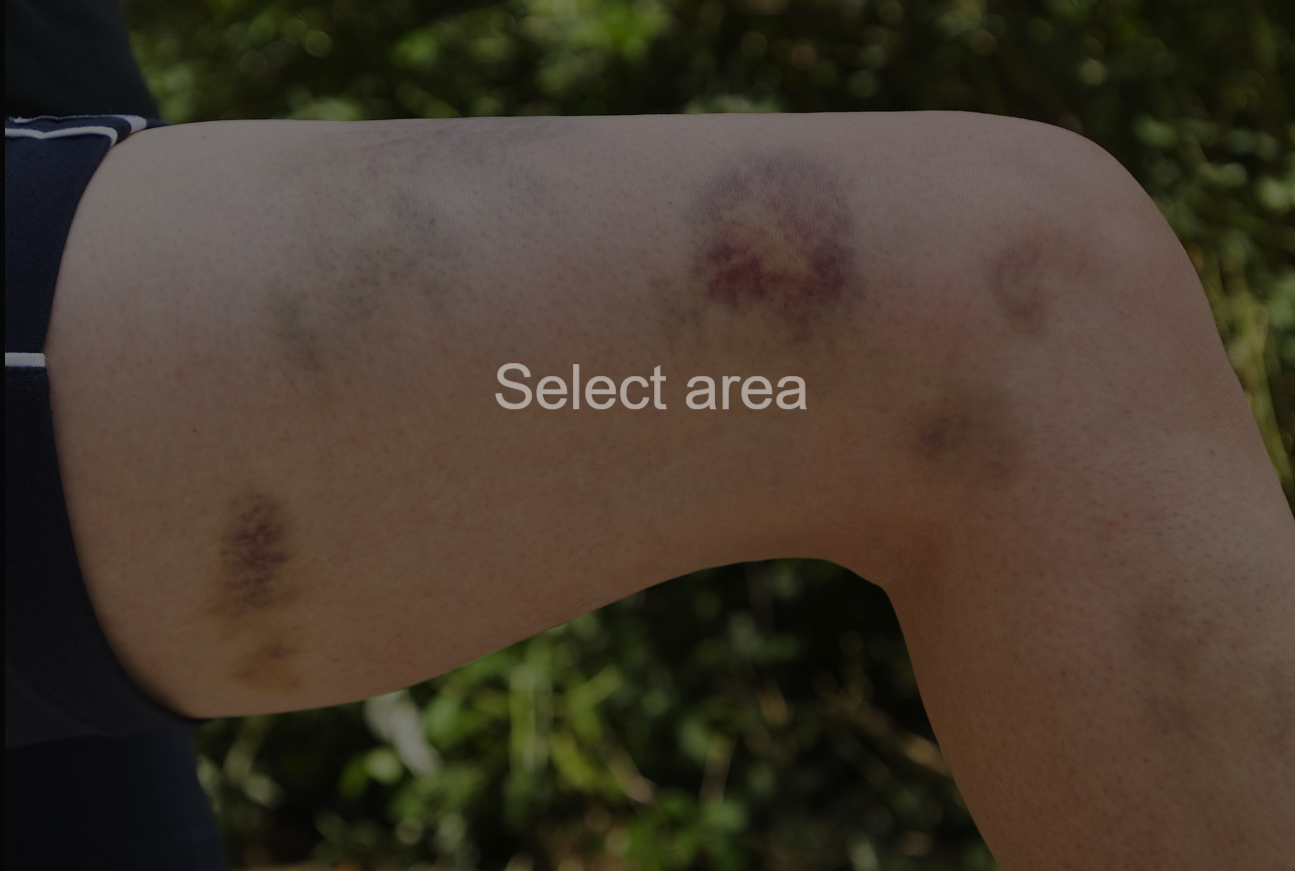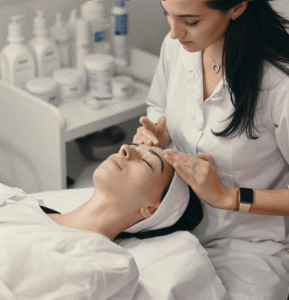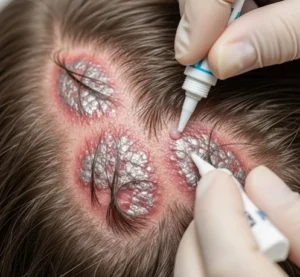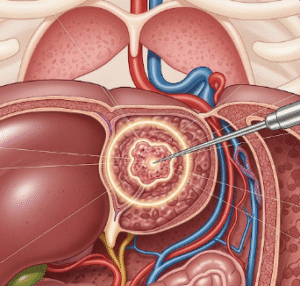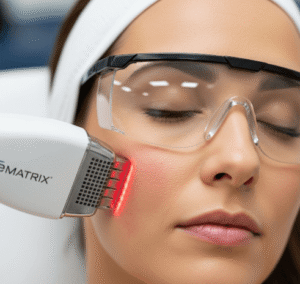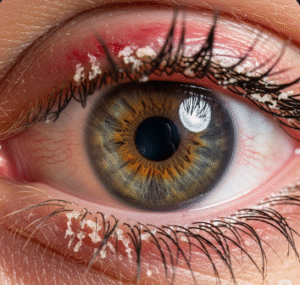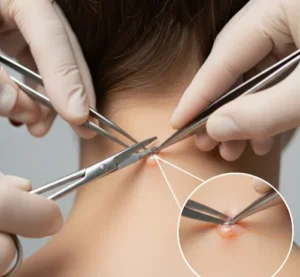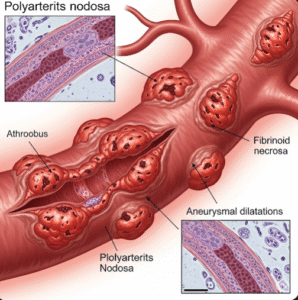Overview
Acquired hemophilia is a rare but serious bleeding disorder that occurs when the immune system mistakenly attacks clotting factor VIII, a protein essential for blood clotting. Unlike inherited hemophilia, which is present from birth, acquired hemophilia typically develops in adults with no personal or family history of bleeding disorders. It can cause sudden, severe, and spontaneous bleeding into the skin, muscles, or internal organs. Prompt diagnosis and treatment are essential to control bleeding and manage the underlying immune response.
What is Acquired Hemophilia?
Acquired hemophilia is an autoimmune condition in which the body produces antibodies (inhibitors) that neutralize clotting factor VIII. This prevents the blood from clotting normally, leading to uncontrolled bleeding. It differs from congenital hemophilia, which is caused by a genetic mutation and usually affects males from birth.
Acquired hemophilia typically affects older adults and is equally common in both sexes. It may be idiopathic (with no known cause) or associated with other conditions such as autoimmune diseases, cancer, or pregnancy.
Symptoms
The symptoms of acquired hemophilia can appear suddenly and without trauma. Common signs include:
- Unusual, excessive bruising
- Large or painful skin hematomas
- Bleeding into muscles or soft tissues
- Prolonged bleeding after injury or surgery
- Nosebleeds
- Gastrointestinal bleeding (vomiting blood, black stools)
- Blood in the urine (hematuria)
- Postpartum hemorrhage (in women)
Unlike congenital hemophilia, joint bleeding is uncommon.
Causes
In many cases, the exact cause is unknown (idiopathic). However, acquired hemophilia is often linked to:
- Autoimmune diseases (e.g., lupus, rheumatoid arthritis)
- Cancer (especially blood-related cancers like lymphoma or leukemia)
- Pregnancy and postpartum period
- Certain medications (e.g., penicillin, interferon, phenytoin)
- Infections
- Elderly age (over 60 years)
Risk Factors
- Age over 60
- Existing autoimmune disease
- Recent childbirth (postpartum)
- Certain cancers
- Drug reactions
- Chronic inflammatory diseases
Complications
If not diagnosed and treated promptly, acquired hemophilia can lead to:
- Severe, uncontrolled internal bleeding
- Anemia due to blood loss
- Organ damage (from internal hemorrhage)
- Complications from treatment (e.g., infections, drug side effects)
- Death (in up to 20% of untreated or misdiagnosed cases)
Prevention
There is no known way to prevent acquired hemophilia, but the following steps may help in high-risk individuals:
- Regular monitoring for bleeding symptoms in people with autoimmune disorders or cancers
- Early postpartum checkups in women
- Caution when prescribing medications that can trigger immune responses
- Prompt evaluation of unexplained bleeding or bruising
Treatment Options Korea
1. Control Bleeding
- Bypassing agents: Such as recombinant activated factor VII (rFVIIa) or activated prothrombin complex concentrate (aPCC), which help clotting without using factor VIII.
- Antifibrinolytic drugs: Such as tranexamic acid, to support clot stability.
2. Suppress the Immune System
- Corticosteroids: Prednisone is commonly used to reduce antibody production.
- Immunosuppressants: Such as cyclophosphamide or rituximab.
- IVIG (Intravenous Immunoglobulin): Sometimes used to modulate immune response.
3. Treat Underlying Causes
- Manage autoimmune disease, cancer, or other associated conditions to reduce antibody formation.
4. Monitoring and Long-Term Care
- Regular blood tests (e.g., factor VIII activity, inhibitor levels)
- Education and support for patients and caregivers
- Consultation with a hematologist

